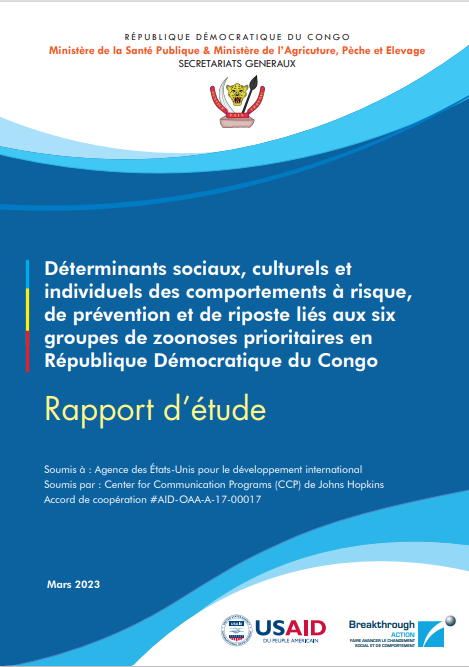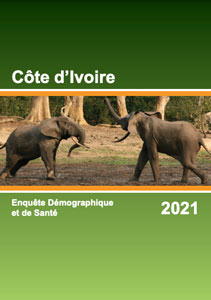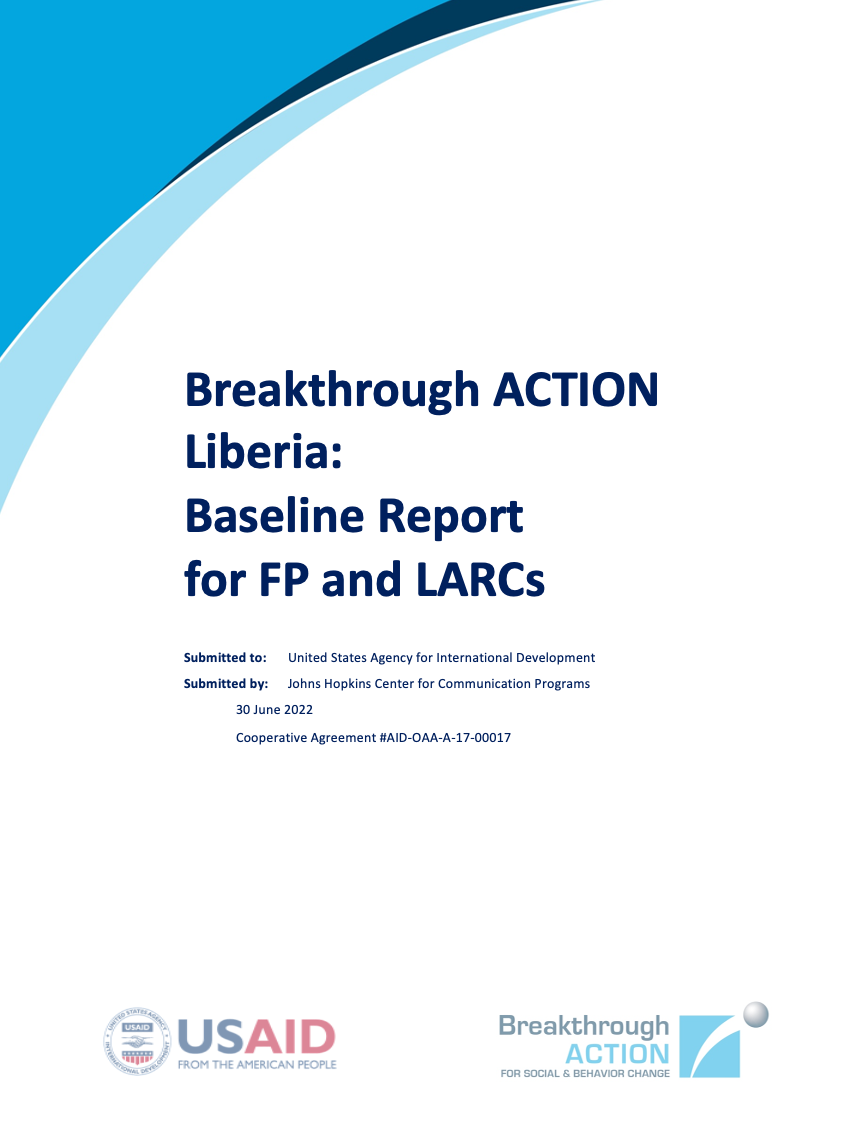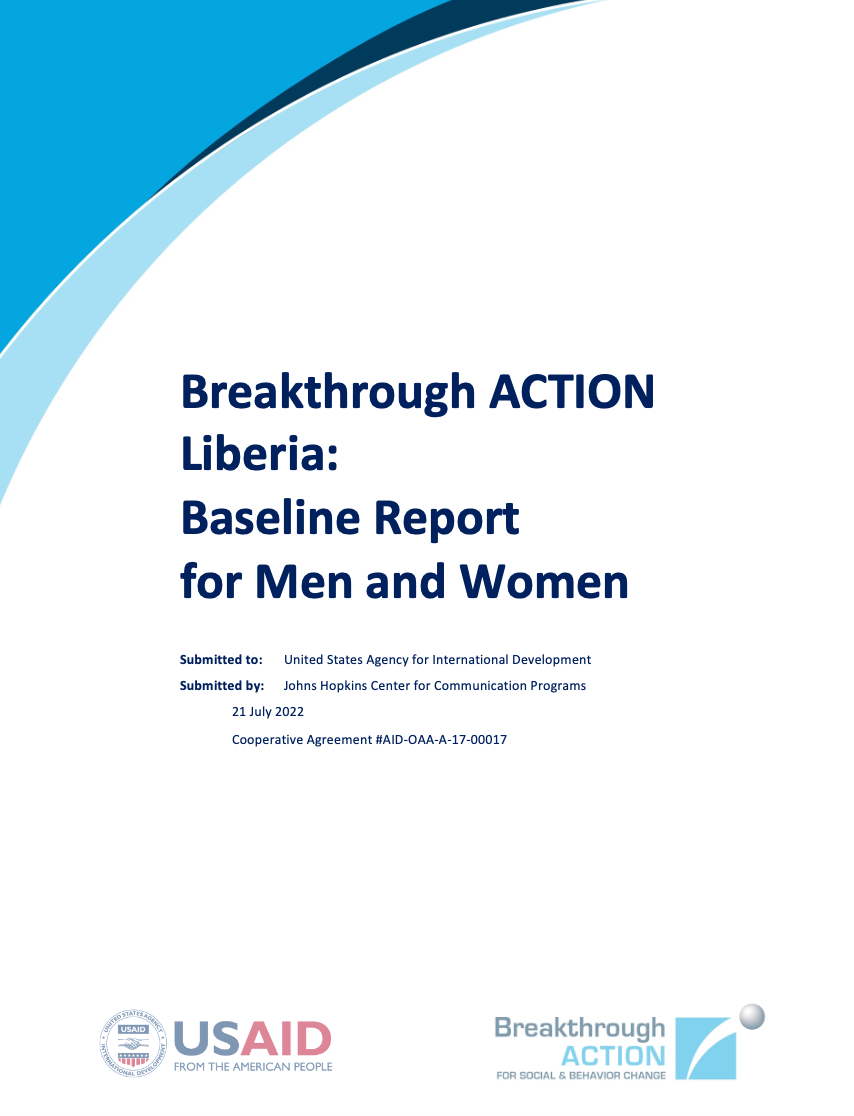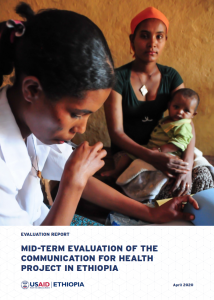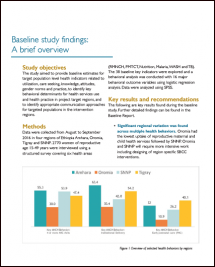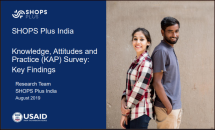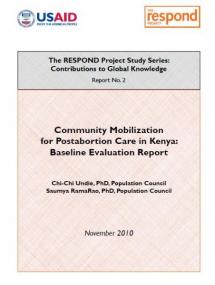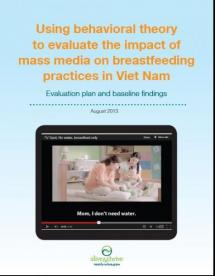Déterminants sociaux, culturels et individuels des comportements à risque, de prévention et de riposte liés aux six groupes de zoonoses prioritaires en République Démocratique du Congo
L’exploration des déterminants sociaux, culturels et individuels des comportements à risque, de prévention et de riposte liés aux zoonoses prioritaires en République Démocratique du Congo (RDC) est une étude qualitative menée par l’Université John Hopkins- Centre des Programmes de Communication (CCP) à travers leprojet Breakthrough ACTION dans trois provinces du Haut-Lomami, Kongo Central et Sud-Ubangi en RDC. L’étude fait partie des interventions prioritaires du projet et vise l’utilisation des conclusions pour pouvoir développer les supports et les messages de communication adaptés en vue d’un changement social et comportemental.
Elle a eu pour cibles, les personnes en interactions régulières avec les animaux et aussi la population générale pour laquelle l’interaction avec les animaux est plus réduite. Cette étude qualitative a utilisé la combinaison de plusieurs approches : les entretiens individuels (EI), les groupes de discussions (GD), et les observations dans les lieux de ventes des animaux ou des produits animaux, et les lieux d’abattage des animaux.
Exploring the social, cultural and individual determinants of risk, prevention and response behaviors and response behaviors related to priority zoonoses in the Democratic Republic of Congo (DRC) is a qualitative study conducted by the John Hopkins University-Center for Communication Programs (CCP) through the Breakthrough ACTION Breakthrough ACTION project in the three provinces of Haut-Lomami, Kongo Central and Sud-Ubangi in the DRC. The study is one of the project’s priority interventions, and aims to use the findings to develop appropriate communication materials and messages for social and behavioral change.
The targets of the study were people who interact regularly with animals, as well as the general population for whom interaction with animals is more limited. This qualitative study used a combination of of several approaches: individual interviews (EI), focus groups (GD), and observations where animals or animal products are sold, and where animals are slaughtered.
Source: Johns Hopkins Center for Communication Programs
Date of Publication: December 29, 2023

